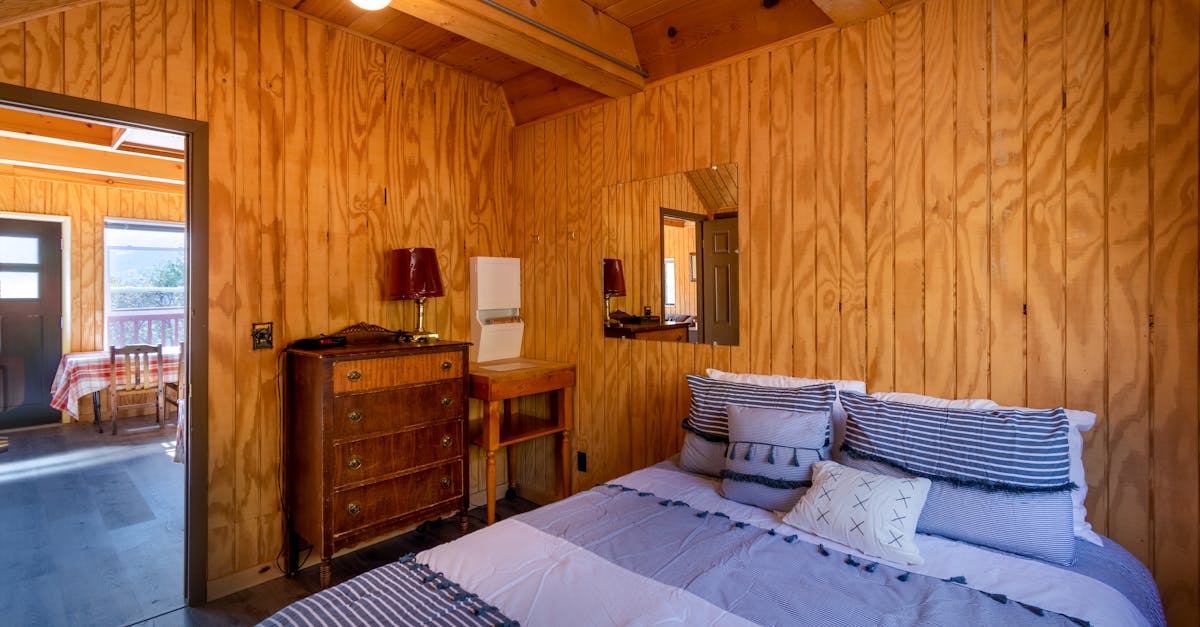What are 3 cons of Airbnb?

Neighborhood Disruption
The rise of Airbnb rentals can significantly alter the fabric of residential neighborhoods. Long-term residents often experience disturbances due to transient visitors, which can lead to a decline in community cohesion. Familiarity among neighbors often diminishes when short-term guests frequently rotate through a neighborhood that was once stable and familiar.
Moreover, the influx of tourists in primarily residential areas can strain the social dynamics of a community. Local businesses may adapt their services to cater to the tourist crowd, potentially displacing options that were once preferred by residents. This shift can create an environment where the needs of part-time visitors overshadow those of the community members.
Continue reading this article for more information.
Effects on Community Dynamics
The influx of short-term rentals can significantly alter the fabric of a neighborhood. Long-term residents may feel displaced as they watch familiar homes transform into transient accommodations. This shift can lead to a sense of instability in the community, where neighbors don't establish meaningful relationships with those living around them. The result often includes a decreased sense of belonging for both renters and long-time residents.
Local businesses may also be affected by these dynamics. A surge in Airbnb guests can lead to increased patronage of shops and restaurants; however, this sometimes comes at the cost of local charm. The character of the neighborhood may change as establishments adapt to cater to a tourism-driven economy, potentially sidelining the needs and preferences of resident customers. As transient populations come and go, the cohesive community identity that residents once enjoyed may begin to diminish.
Potential for Overcrowding
The increased presence of short-term rentals in residential areas can contribute to overcrowding, particularly in popular tourist destinations. An influx of visitors often leads to crowded public spaces, attractions, and amenities. This can diminish the experience for both travelers and local residents, creating tensions as the fabric of the community changes.
Local infrastructure may struggle to accommodate the heightened demand brought by numerous travelers. Transportation systems could become more congested, while essential services might face pressure due to increased usage. Residents can feel the strain as their neighborhoods evolve, impacting their daily lives and the overall atmosphere of their community.
Strain on Local Resources
The influx of short-term rentals often leads to increased demand for local resources. Basic amenities like water, waste disposal, and electricity may experience strain due to the higher occupancy rates in neighborhoods. This increased usage can result in shortages or disruptions for long-term residents, who may find their access to these essential services compromised.
Local infrastructure, such as public transportation and parking, may also feel the pressure from the surge in visitors. As more travelers navigate the area, the roads can become congested and public facilities overcrowded. Long-term residents may find themselves at odds with the growing number of tourists who are utilizing the same resources, leading to potential tensions within the community.
Booking Conflicts
Conflicts related to booking can arise frequently for both hosts and guests. These issues often stem from double bookings, where two guests secure the same property for the same dates due to mismanagement or flaws in the calendar system. In some instances, a last-minute cancellation may leave a guest scrambling for alternative accommodations, leading to frustration and dissatisfaction.
Communication can also become a challenge, particularly when dealing with multiple inquiries about the same rental property. Hosts may find themselves overwhelmed with messages and requests, making it harder to accurately confirm reservations. This disorganization can create uncertainty for potential renters, affecting their trust in the platform. Clear guidelines and improved booking management tools are essential to mitigate these conflicts and enhance the overall experience for everyone involved.
Managing Availability Issues
Hosts often face challenges when it comes to managing their property availability. Fluctuating schedules can lead to overlapping bookings, resulting in frustration for guests. If two reservations occur for the same date, the host must navigate cancellations and refunds, which could damage their reputation.
Guests may also experience dissatisfaction due to unexpected unavailability. If a host cancels a booking shortly before the arrival date, it can leave travelers scrambling to secure alternative accommodations. This lack of reliable availability can diminish the overall trust in the platform, impacting both hosts and guests alike.
FAQS
What are some negative impacts of Airbnb on neighborhoods?
Airbnb can lead to neighborhood disruption, affecting community dynamics and altering the character of residential areas due to the influx of transient guests.
How does Airbnb contribute to overcrowding in popular tourist destinations?
The presence of numerous short-term rentals can result in overcrowding, putting a strain on local resources like transportation, sanitation, and public spaces.
What issues can arise from booking conflicts on Airbnb?
Booking conflicts can occur when multiple guests attempt to reserve the same property, leading to frustrations and potential financial losses for both hosts and guests.
How does Airbnb affect local residents living near short-term rentals?
Local residents may experience increased noise, traffic, and a lack of community cohesion, which can negatively impact their quality of life.
Are there any regulations in place to manage the cons of Airbnb rentals?
Many cities are implementing regulations and zoning laws aimed at reducing the negative impacts of short-term rentals, such as limiting the number of days a property can be rented or requiring hosts to obtain permits.